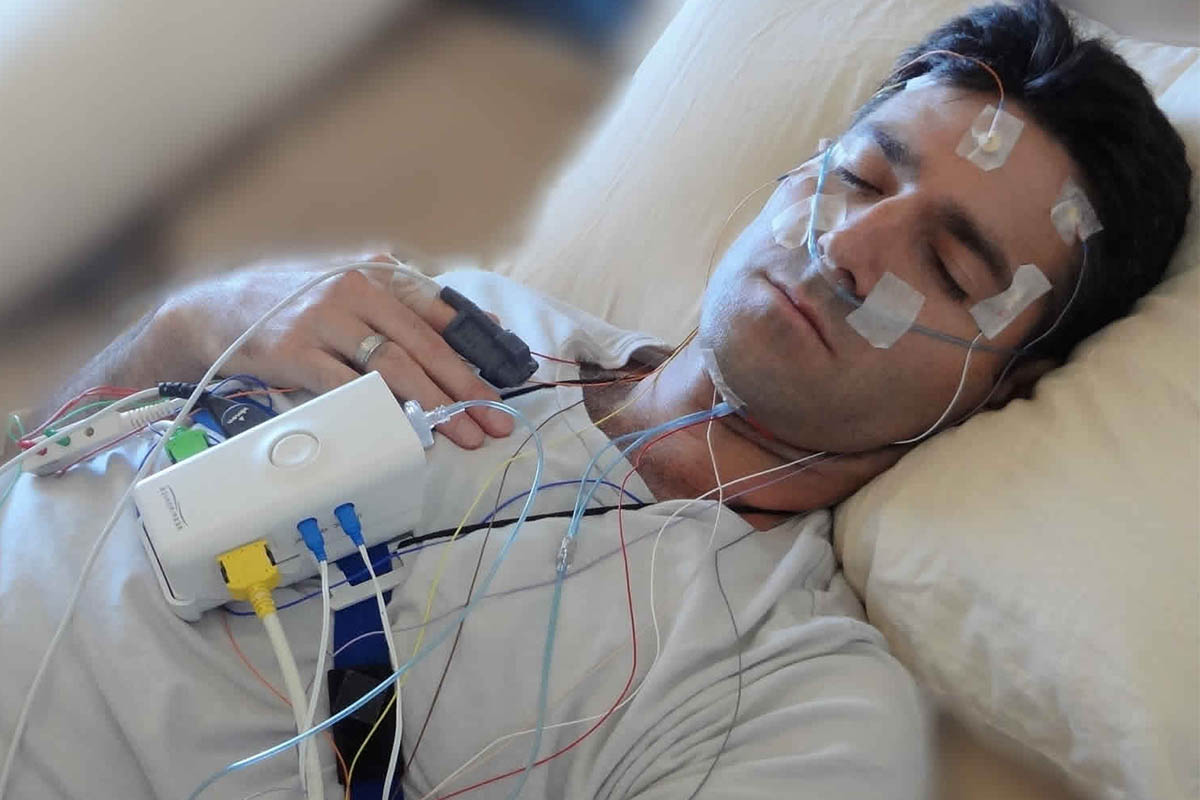 Welcome to Kanag ENT Superspeciality Centre! We're here to take care of your ears, nose, and throat with expert care and compassion.
Welcome to Kanag ENT Superspeciality Centre! We're here to take care of your ears, nose, and throat with expert care and compassion.- Home
- Why Kanag?
- Services
- Ear
- Earlobe Repair Surgery
- Ear Micro Surgery
- Treatment Of TMJ Disorders
- Cochlear Implants Procedure
- Csf Rhinorrhoea Repair Surgery
- Revision Ear Surgeries (Otoplasty)
- Pure Tone Audiometry
- Otosclerosis and Hearing Loss
- Ear Reconstruction ( Tympanoplasty ) Surgery
- Endoscopic Micro Ear Surgery
- Sleep Study (Polysomnography)
- Vertigo Treatment
- Parotidectomy Surgery
- Treatment of Sinosal Malignicies
- Functional Endoscopic Sinus Surgery-FESS
- Nose
- Throat
- Ear
- Patient Info
- Gallery
- Blog
- Contact

